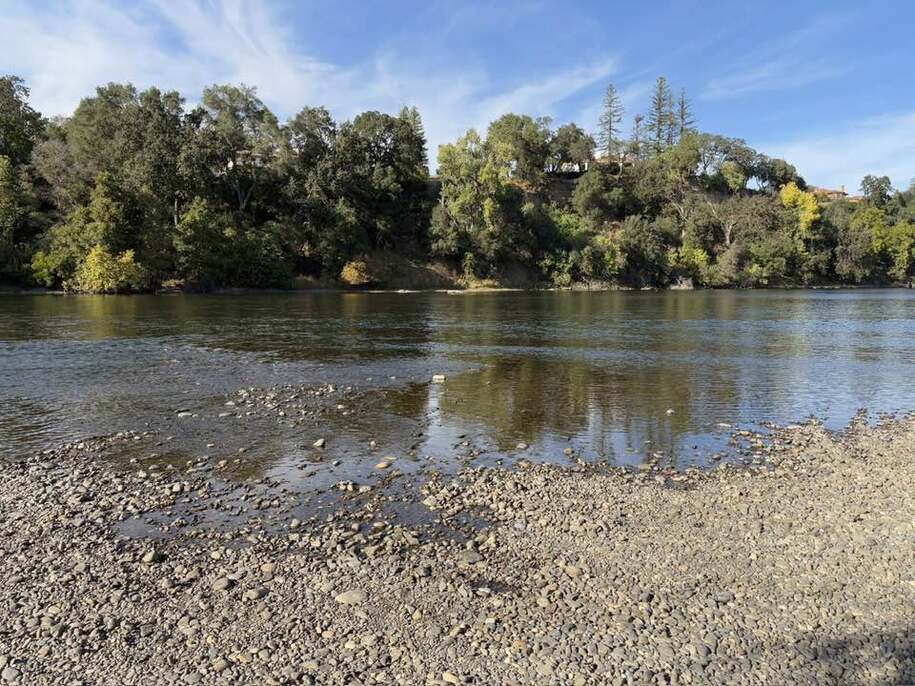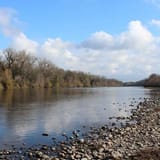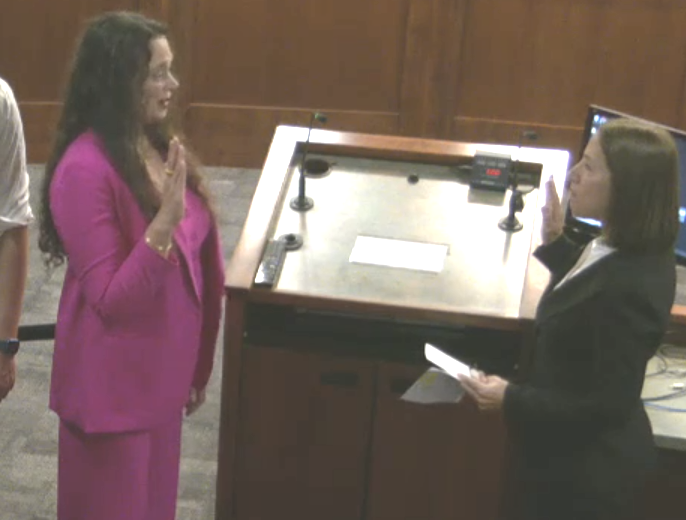Expert testimony reveals Delta Tunnel project violates California’s climate and affordability goals
Restore the Delta noted that two new developments this week expose “major flaws in the Department of Water Resources’ (DWR) rush to advance the controversial Delta Conveyance Project (Delta Tun





